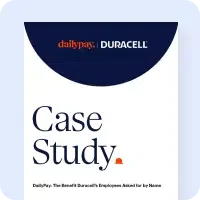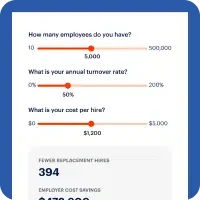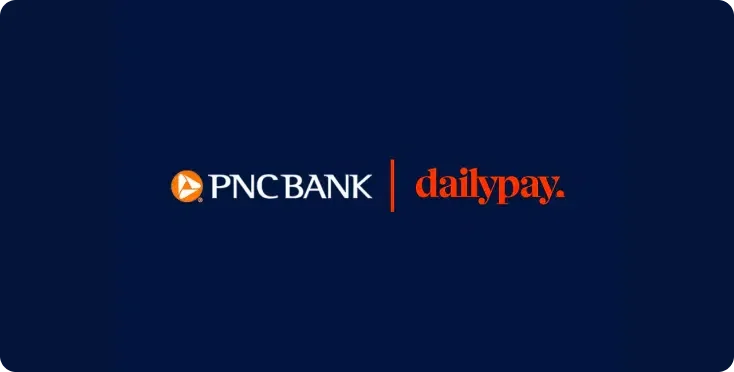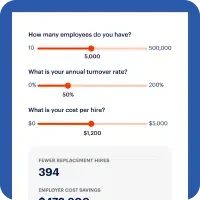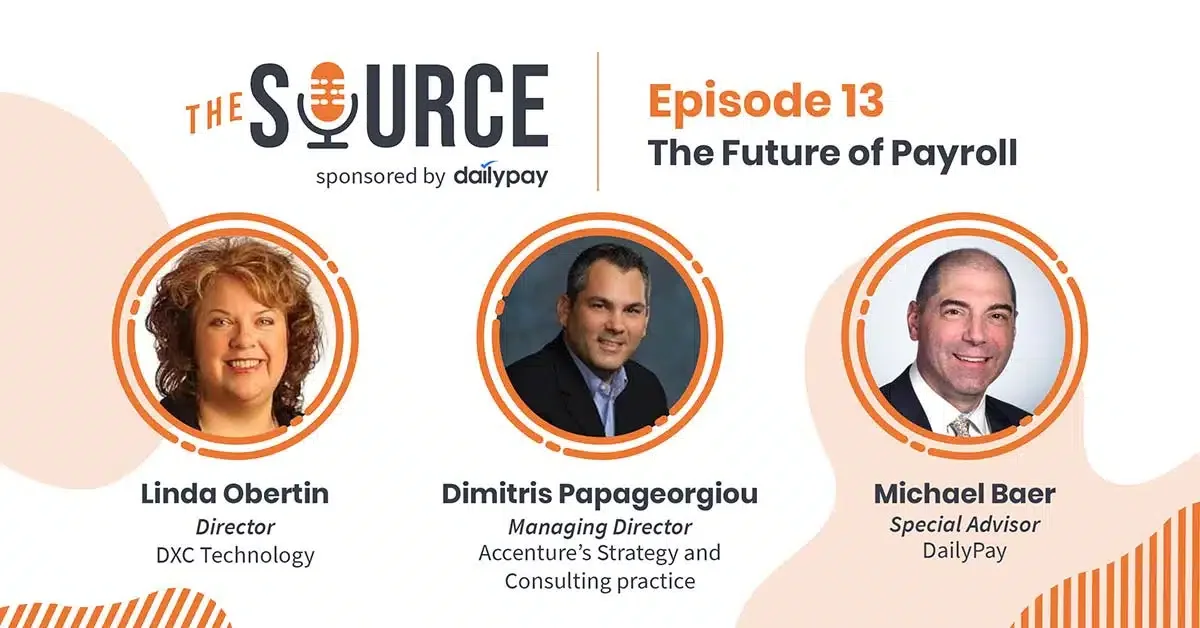Payroll as a profession has come a long way. A little over a decade ago, as automation swept into the field of human capital management (HCM), some saw the payroll process becoming a cog in the overall machine, absorbed into integrated systems that needed less oversight and skill to manage.
Questions were raised: Was the role of the payroll professional diminishing due to technological advancement? If so, what did that mean for the profession?
It turns out that this payroll automation technology needs more skilled management and oversight than ever. “The dimensions of payroll are very broad and deep,” said former American Payroll Association President Linda Obertin, who participated in a recent Source by DailyPay podcast called, “The Future of Payroll.”
“The relevancy of the payroll professional is even more critical today,” said Obertin, who currently serves as director, Shared Services, at DXC Technology overseeing Global HR and Payroll Services. “Every executive recruiter that I connect with will share their highest-demand requests, and the most difficult roles to fill are in the payroll and control specialist fields.”
Technologies that are being developed need to be guided and appropriately adopted into operations. What are some of the key technologies that are certain to be considered in a payroll context?
Dimitris Papageorgiou, a partner at Accenture who assists clients in selecting and deploying global HCM and Payroll solutions, specializes in identifying key technological trends. During the podcast he said on-demand pay, or earned wage access, is “much more mainstream in our days, so many companies are actually now incorporating this as part of their strategy.” (DailyPay, sponsor of the Source podcast, is the recognized gold standard on-demand pay provider that uses intelligent automation in its programs.)
Beyond on-demand pay, other significant applications of robotic process automation (RPA), blockchain technology, machine learning or artificial intelligence, natural language processing, radio frequency identification (RFID) and geofencing all are becoming more prevalent in HCM applications. But adoption of these other technologies is mixed, Papageorgiou said.
For RPA and artificial intelligence, applications require operating “within an environment that has quality data and repeatable processes … neither of the two has yet enjoyed broad-based acceptance,” Papageorgiou said.
While far behind in adoption, blockchain technology, however, “is going to be the single most impactful disruption in our space,” according to Papageorgiou.
“Blockchain in some interesting way is actually contradicting what we’re trying to do with AI and RPA,” he said. It is a protocol that is “completely going to change the way we think about debits and credits and custody of data.”
“My belief is that once blockchain technology matures, a lot of the technology that we utilize today, including in some cases HCM, may not be needed in its present format or present utility,” Papageorgiou said.
A payroll professional’s part in the transformation of processes will be important.
“As we’re thinking of our industry today, we really need to be focused on how technology is evolving our services” to focus on the employee experience, Obertin said. “Employers expect us to have high-quality payroll delivery timeliness, and it’s really about how we connect with the partners in the organization to deliver the experience.”
“Our role has changed from being more transactional, as Dimitris mentioned, to being more strategic, having a vision, having a plan and executing and being able to measure success, [which are] really, really key skills and strengths for our payroll teams and especially for our payroll leaders.”
You can access the full podcast and subscribe to other Source by DailyPay episodes here.
DailyPay, the recognized gold standard for on-demand pay delivery, sometimes called earned-wage access, is a sponsor to the American Payroll Association and also partners with the Bipartisan Policy Center to help bring more awareness of policies that can assist Americans in building financial security.
For additional resources on this topic, see:

